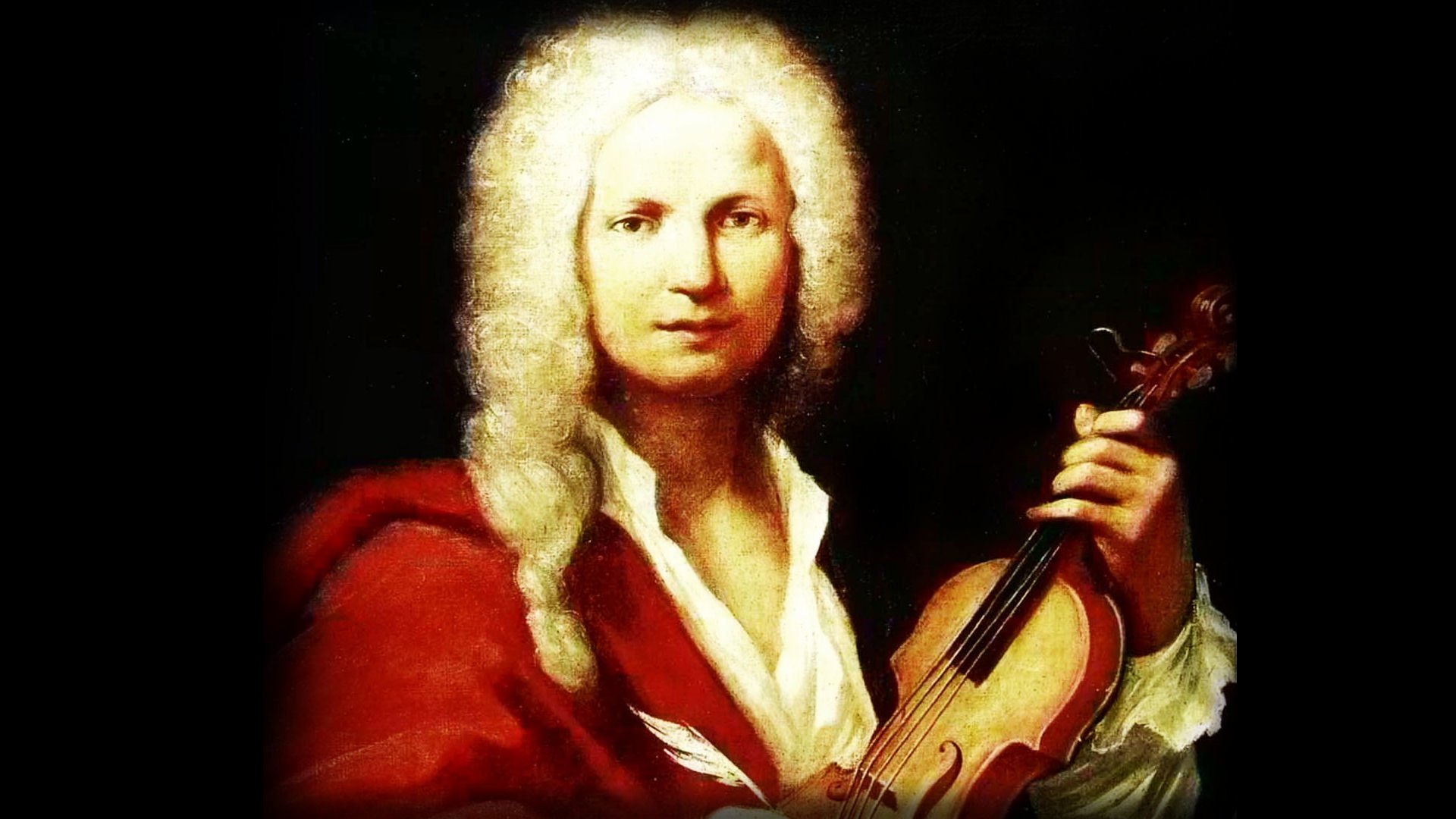Antonio Vivaldi was a renowned Italian composer and violinist who lived in the late 17th and early 18th centuries. He was born in Venice on March 4, 1678, to a father who was also a professional violinist and taught him to play from an early age. Vivaldi became a priest in 1703, but soon stopped celebrating mass due to his chronic health problems, which may have been bronchial asthma. He was nicknamed “Il Prete Rosso” (“The Red Priest”) because of his red hair.
Vivaldi worked as a music teacher and director at the Ospedale della Pietà, a charitable institution for orphaned girls in Venice, for most of his career. He composed many of his famous works for the talented choir and orchestra of the Ospedale, which gained international fame under his guidance. He also wrote operas, cantatas, sacred music, and chamber music, but he is best known for his concertos, especially The Four Seasons, a set of four violin concertos that depict the changing seasons with vivid musical imagery. He wrote more than 500 concertos in total, many of them for solo instruments or groups of instruments, and established the three-movement form (fast-slow-fast) and the ritornello structure that became standard for the genre.
Vivaldi was widely admired and influential during his lifetime, and he received commissions and honors from nobility and royalty across Europe. He traveled frequently to perform and present his works in cities such as Mantua, Rome, Amsterdam, and Vienna. He was also an impresario who produced operas for various theaters and patrons. However, his popularity declined in his later years, as musical tastes changed and younger composers emerged. He died in poverty and obscurity in Vienna on July 28, 1741, where he had hoped to find employment at the imperial court.


Comments are closed